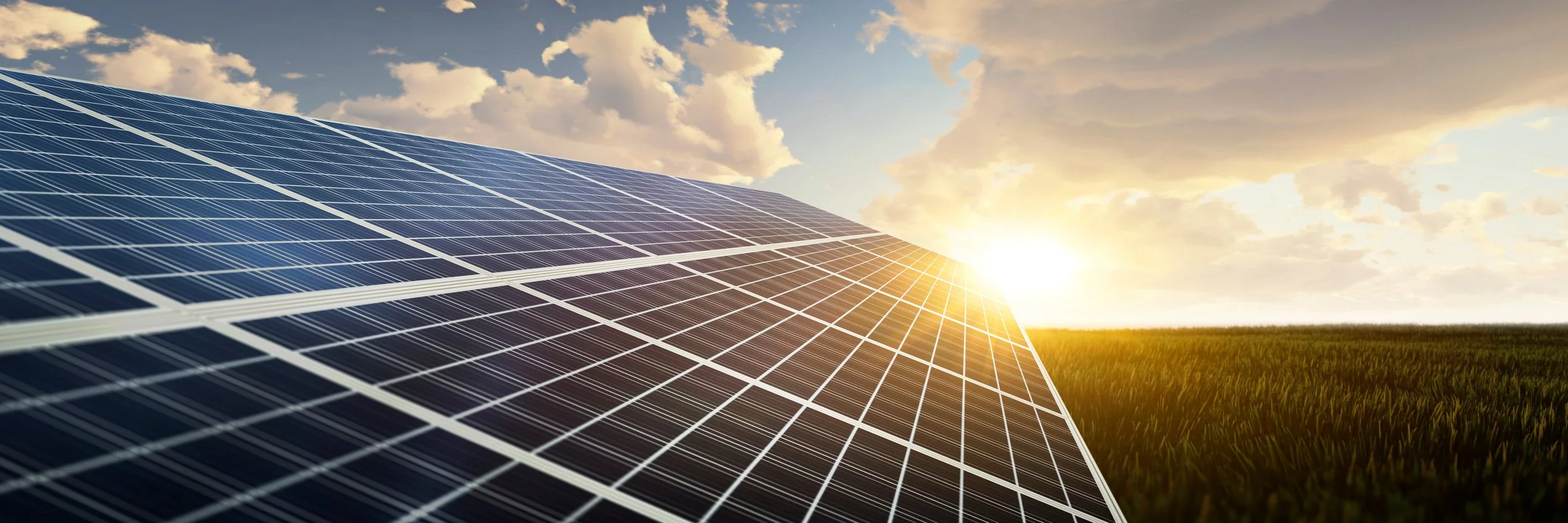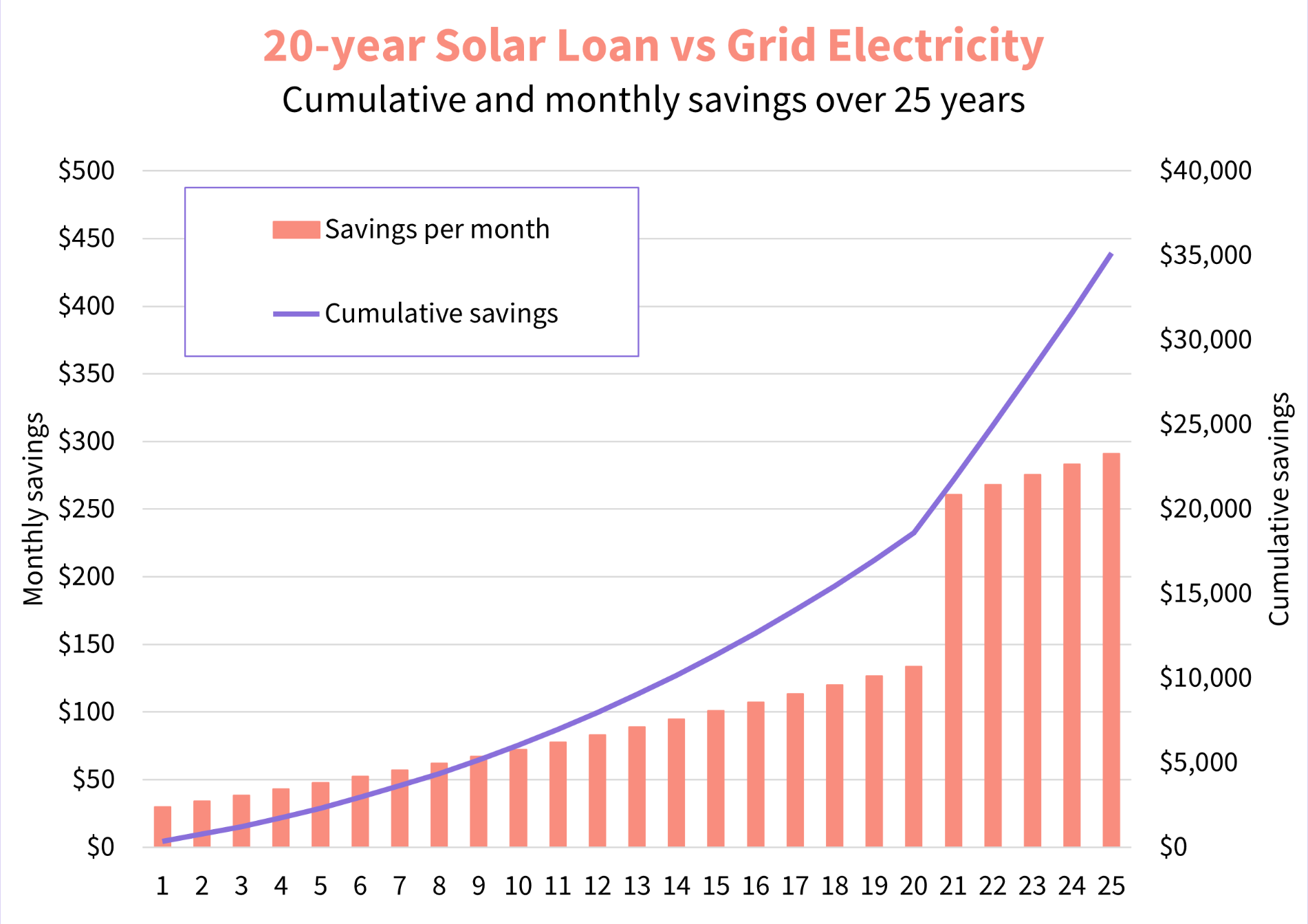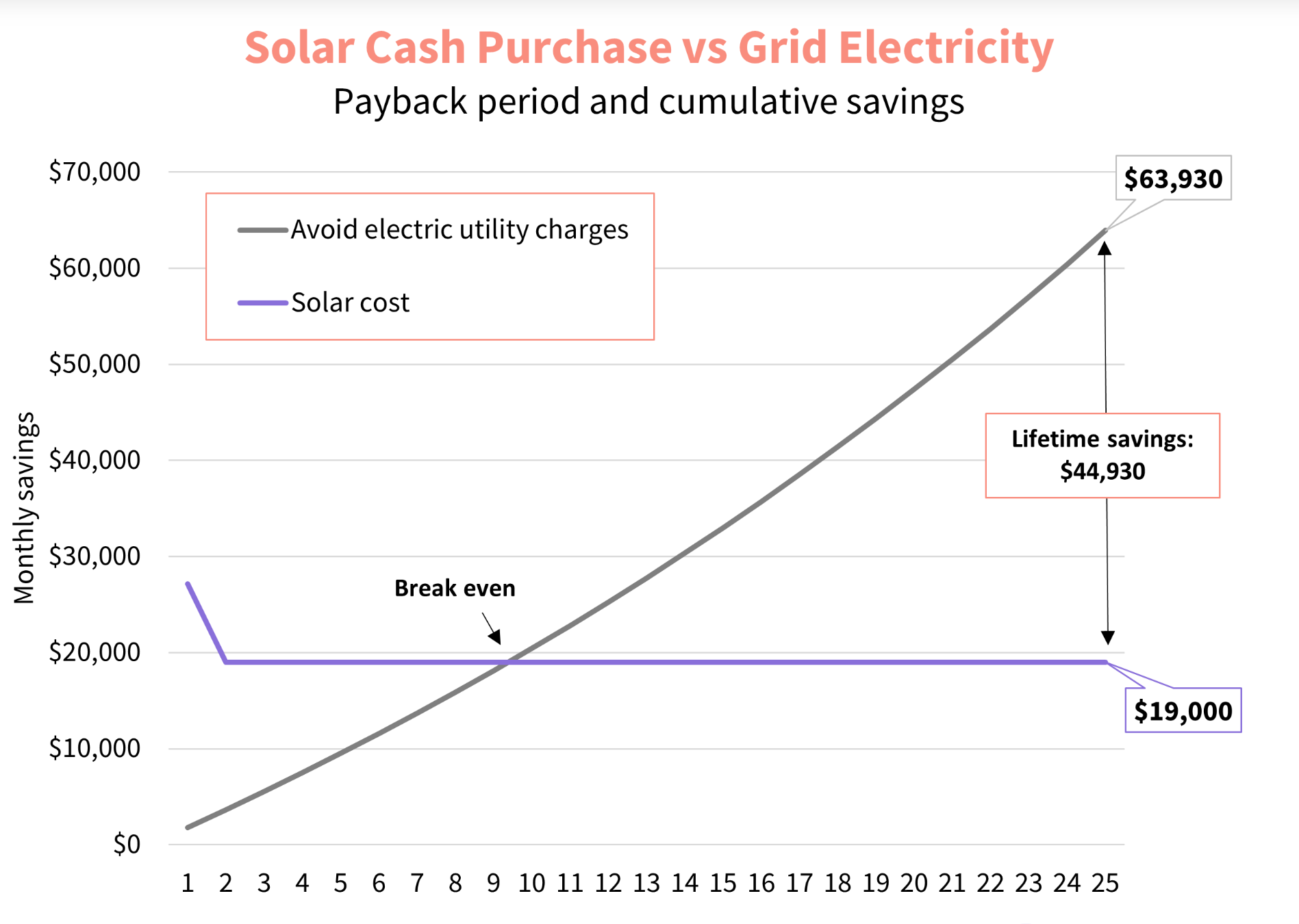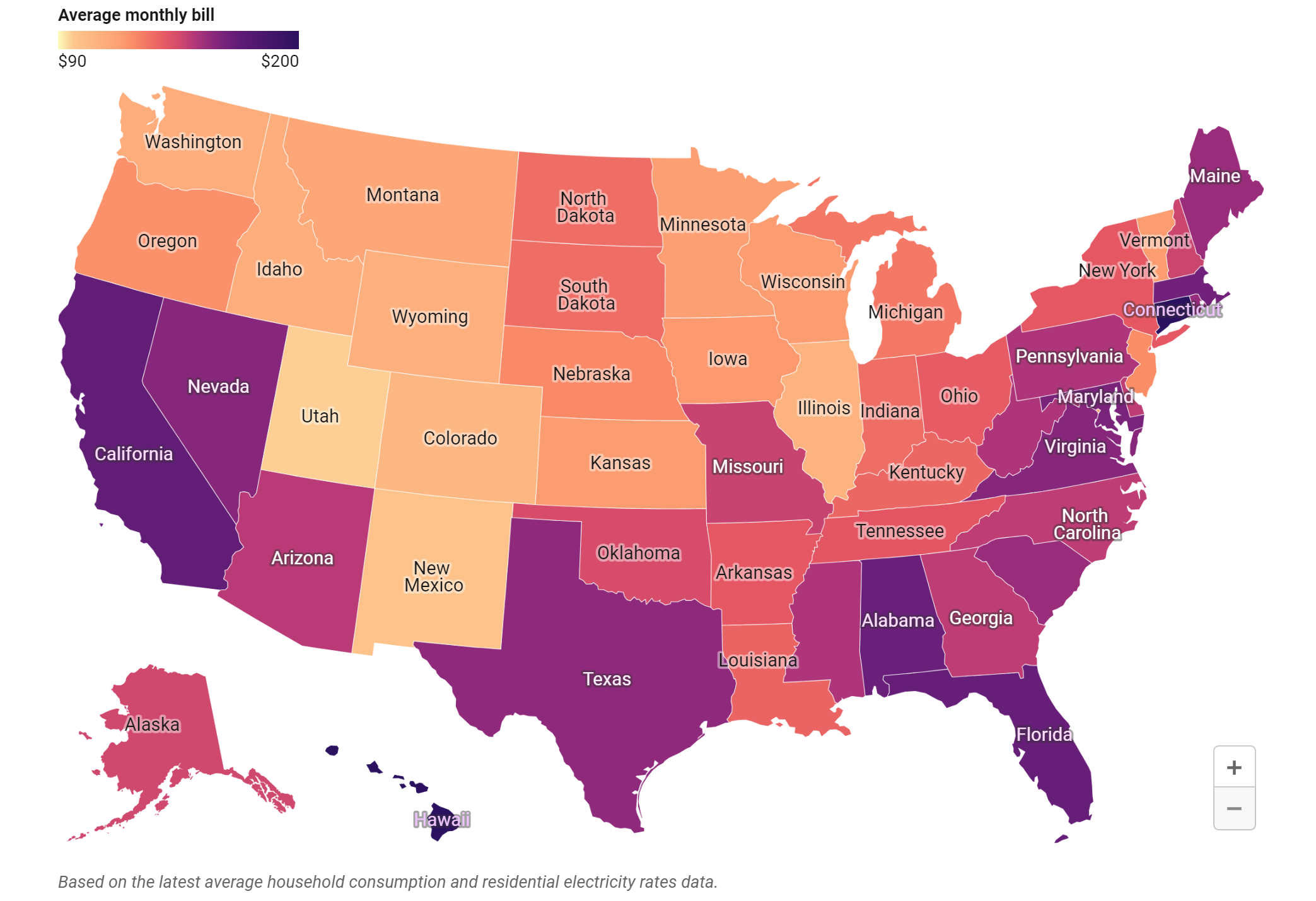SOLAR SAVES MONEY
Ditch the pitch of door-knocking salespeople and get right to what matters most to you.
My solar guidance is free and I am here to answer all questions you have.
You can visit https://www.energysage.com/solar/calculator/ and https://powur.com/robert.beers/ to compare quotes.
A critical first step in going solar at your home is ensuring cost-effective improvements exist that reduce your need for electricity. Why create solar kilowatt-hours just to waste them? That’s why SRVA offers professional home energy audits for a personalized analysis of energy use, comfort, health and safety issues in your home. I will do a free solar analysis with this so that your savings can be maxed.
Learn more about solar, home energy audits and other services provided by SRVA by contacting me here or you can always text/call.
Why would I want solar panels?
Solar panels help you save money in the long run and they help the environment. Most systems pay for themselves in less than seven years while simultaneously costing about the same as your current electrical cost. Year over year the cost from electric companies increases but the solar system cost remains the same until paid off, so you could be paying less each month in as little as a year or two, soon after your electricity costs nothing while the electric company is still increasing. The tax credit value for solar panels is high this year but it will decrease, additionally the Net Metering program that allows you to sell back your excess energy produced will phase out and you want to be grandfathered before that happens, making the present the best time to go solar.
What is the process?
First using a recent electric bill and considering surrounding obstructions, your home is evaluated to see if it’s a good candidate. Important factors are your annual electricity use, if you have adequate roof space with ideal orientation, and if that roof area receives enough sun during the course of the day. Not every home is a good candidate for solar and I will explain if yours isn’t and what could be done to help if you still wanted the option. If everything looks good, a site visit will be scheduled to do a more detailed assessment of your home, nearby trees, the condition of your roof, and your goals. From there a proposal will be completed for you. Once you sign off, permits will be obtained, panels will be installed, as well as a net meter if not already present. This process will take about 6 weeks from start to finish on average depending on local authority approval and utility interconnection times, the install itself is usually completed in a matter of days.
How much will it cost?
Cost varies greatly depending on your specific needs and environmental factors but a ballpark figure can be obtained in online charts.
I guarantee that you will know exactly what you are getting into before committing to anything and that your proposal is optimized.
Will I still have an electric bill?
Yes, your electric company will still send a bill but your usage will be offset by your solar system.
With an optimized system based on your usage, your average annual usage cost will be offset completely. The way this works will be covered in detail during discussion.
How long is the warranty?
Warranties are typically 25 years and are reviewed during the proposal.
Are the consultations free?
YES! Please reach out with all questions and see how much you can save.
Understanding the value.
A typical 7.5kW system is shown in the images to demonstrate average savings & payoff periods.
When sized properly, a system’s initial monthly cost is very close to your current electric bill
Over the next year or two, utility company costs increase and are typically greater now than the system monthly cost, immediately saving money in an accelerating fashion. When sized ideally, after the earliest period the system is completely paying for itself and saving even more each year.
After the initial period of a system paying its own monthly cost and the savings grow, you approach breakeven and the system has fully paid for itself. This breakeven varies depending on cash purchase or financing but is typically about 7-8 years.
Virginia is not the highest cost in electricity, but it is high enough to save with solar and is increasing. With more homes adopting solar, there is more production feeding the grid during the day. Eventually batteries will be necessary to store daytime produced energy for night usage, at which point VA will phase out Net Metering. If you go solar before then, you are grandfathered and will retain all the benefits of offsetting your average usage to zero.





